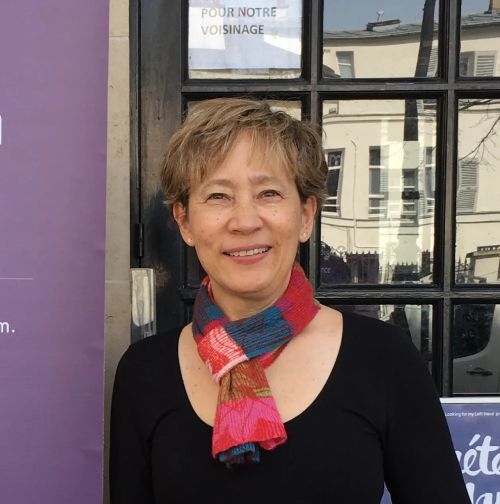Trauma Counselling
Experiencing a traumatic event or experiencing ongoing trauma can have a significant impact on a person’s emotional well-being and overall quality of life. Trauma counselling is a specialised form of therapy designed to help individuals heal from the effects of trauma, process their experiences, and regain a sense of safety, control, and resilience.
Steps for Trauma Counselling
Safety and trust in therapy
The initial step in trauma counselling is to establish a safe and trusting therapeutic relationship. Finding a therapist or a counsellor who is qualified in trauma, is critical. Equally important is that you feel comfortable and at ease with the person you’re sharing your experiences with. Therefore, trust in your counsellor is paramount for you to begin regaining your sense of self and who you are. Effective trauma processing and healing can occur only when you feel safe.
Assessment
We will assess together the trauma and the specific effects of trauma on your life. This means describing your symptoms, triggers, and goals for therapy. In addition, I’ll be listening closely without judgement.
Based on this assessment, together we’ll work out a plan for therapy as we take into account and address your unique needs. Next, I’ll draw on evidence-based emotion-focused and focusing-oriented therapies as you deepen your understanding of your patterns of response. Our work will, as a result, be experiential. This means that healing from trauma is a slow and sensitive process that involves inner work and a bodily awareness. Bringing your whole person along, as described, allows the healing process to move forward.
Regulating your emotions
At this point we will identify both your helpful and unhelpful coping strategies when you’re faced with emotions and symptoms associated with trauma. Thus, we’ll explore and experience new ways of emotion regulation as well as learn or fine-tune such well known techniques and practices as grounding, relaxation exercises, breathing exercises, and mindfulness.
Working on self-esteem or self-worth goes hand in hand with processing that part of you that has been 1) consistently violated, squashed, dismissed or denied, that 2) typically remains hidden and unseen, that 3) is scared or ashamed, or 4) is self-blaming and/or feels guilty.
Your inner strength
Your inner strength and personal resources have allowed you to navigate and endure so much adversity so far. Reaching out for support has brought you to counselling. Your courage and resolve in doing this is to be acknowledged. Your empowered self needs continued and consistent support to form and re-emerge. In your unique way, you’ll develop an inner relationship with the side of you that struggles. This allows you to find a way of looking after it. It also allows you then to grow the whole person you are on the inside and to become who you want to be deep down and at your core.
Furthermore, we’ll identify and process relational difficulties resulting from the trauma. Such relational difficulties are currently standing in the way of you having the kind of relationships you want and feel nurtured by. We’ll therefore aim to process your trauma to the point where you’ll be able to feel and receive the support of people whom you trust. You’ll work towards being able to set boundaries in a way that empowers you and allows you to develop those healthy, nourishing relationships that so far may have remained elusive or difficult.
Follow Up
Our plan will include integrating being the true, authentic You as you go about your daily life. We will also attend to new relationship challenges as they arise. Relationship challenges might relate to your inner relationship with yourself and how you are with yourself, or they might be to do with the new interpersonal dynamics of the relationships you’re wanting to develop.
Returning to your family, social, and/or work relationships may activate new and old responses in you. Accordingly, developing reflectiveness and ultimately self-compassion is important. In addition, self-care routines, establishing/ maintaining healthy boundaries, and finally, engaging in follow-up sessions as needed will further support your continued well-being long-term.
The journey of trauma counselling is unique and personal. The steps outlined above provide a general framework. As therapist I will tailor the approach to meet your specific needs, pace, and readiness for processing trauma. Working together, allows you to embark on a path of processing the impact of trauma in place of healing that I provide. Regaining inner strength and resilience empowers you to reclaim and shape your life as you want it to be. It also allows you to develop your important relationships in a way that nurtures all involved, including and especially You.
Please contact me to schedule a free initial consultation
Leave me a message: +61 426 091 100
Send me an email: karen.thomas@HummingbirdTherapy.org
In-Person, Phone &/or Online sessions
* Private Health Insurance rebates available *
(BUPA, Medibank Private, ARHG, HCF, AHM)

If you need immediate help:
In case you need immediate help:
